Ultraviolet Blood Irradiation (UVBI) or ultraviolet light therapy might sound like something out of an episode of Star Trek. However, it is a treatment with a history that actually spans back a century. Recently, it has begun regaining attention due to its potential ability to treat chronic diseases, infections, and even cardiovascular issues. While there has been a shift of focus towards vaccines and pharmaceuticals in our modern era, some researchers suggest that there is much untapped potential in this type of therapy. Can merely shining ultraviolet light on your blood really have medicinal benefits, or is this wishful thinking? Let’s take a look at the science behind ultraviolet light therapy.
The History of Ultraviolet Light Therapy
UVBI first emerged in the early 1930s following studies that revealed that ultraviolet light neutralized bacteria present in the blood. Physicians such as Dr. Emmett Knott and Dr. Miley were pioneers in the use of UVBI for treating severe infections at a time when antibiotics were either ineffective or largely unavailable. They drew a small amount of blood and exposed it to UV light before re-infusing it with the aim of helping the body modulate immune response and clear pathogens. However, despite showing great promise against pneumonia and sepsis in early trials, ultraviolet light therapy lost popularity due to the rise of penicillin and other antibiotics.
How Ultraviolet Light Therapy Works
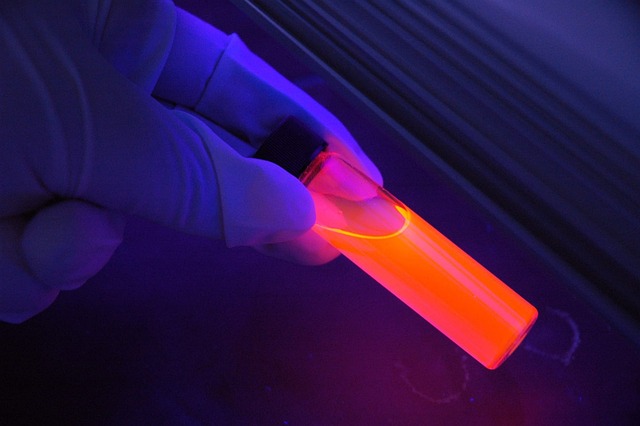
This therapy relies on the concept that systemic healing effects can be triggered by irradiating a small portion of blood. When the UV light hits the blood cells, it seems to directly damage viruses and bacteria, increase the delivery of oxygen in tissues, and modulate immune cell activity. Researchers also believe that UV light restores normal blood flow because it improves the electrical charge of red blood cells. This makes it easier for the cells to circulate more freely. Several studies have also shown that UVBI stimulates the production of nitric oxides and other beneficial molecules. This results in lowered blood pressure and widened blood vessels.
Promising Studies on UVBI and Cardiovascular Health
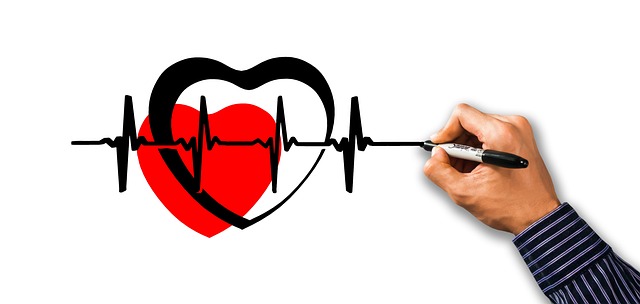
The British Heart Foundation recently funded a project that explores whether daily ultraviolet light therapy can potentially reduce risk factors associated with cardiovascular disease. While this approach differed from full UVBI, it is built on the same principle that exposure to light can affect heart health. Prior studies have suggested that UV light can improve blood flow, lower high blood pressure, and ease symptoms associated with angina. In one trial, patients diagnosed with advanced arterial disease experienced significant improvements in walking distances.
When Antibiotics Fail
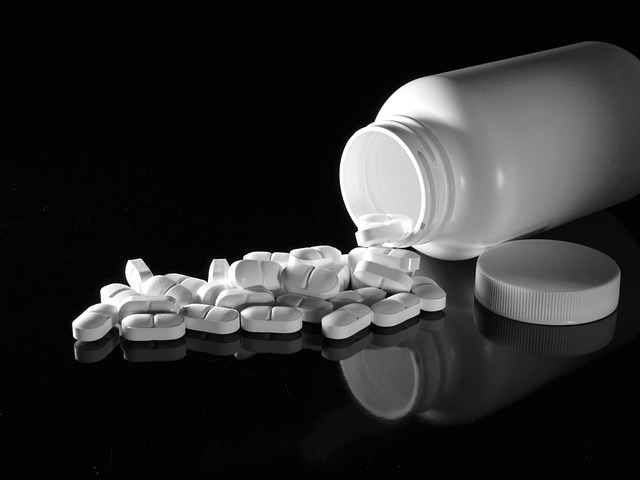
Before antibiotic use grew prevalent, UVBI gained popularity due to its ability to treat people suffering from deadly bacterial infections. Various historical reports recount tales of patients surviving advanced sepsis or pneumonia after being treated using UVBI. Drug-resistant bacteria pose an ever-increasing threat to our modern society. Yet, contemporary research has indicated that UVBI has the ability to tackle these bacteria. In one Soviet-era study, it was found that patients who received both antibiotics and UVBI recovered from tuberculosis faster than patients who only received antibiotics. This resulted in shorter hospital stays and higher lung recovery rates.
Read More: In World First, Stem Cell Therapy Reverses Type 1 Diabetes in Patient
Can UVBI Combat Viruses?
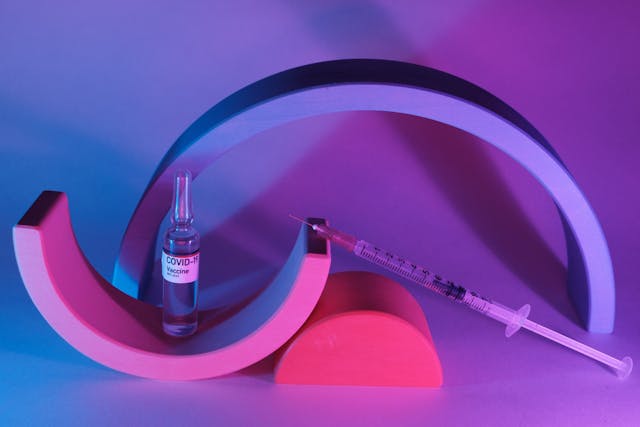
The claims that UVBI is antiviral have garnered much attention, since, unlike bacteria, viruses are far harder to target using medication. Previous studies suggested that UVBI helped treat shingles, hepatitis, and polio infections. A small trial from the States also showed that patients with Hepatitis C experienced lower viral loads after receiving UVBI treatment. During the COVID-19 pandemic, Russian hospitals even tested UVBI in moderate and severe cases. It was found that those patients treated with UVBI typically left the hospital a week earlier than others.
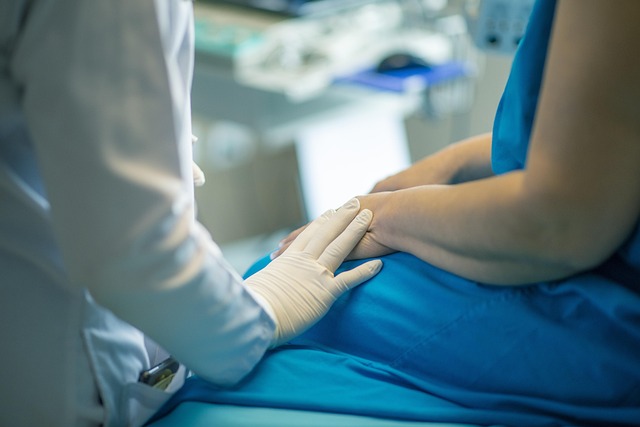
Some clinics also use UVBI to help calm overactive immune systems, making it great for treating autoimmune diseases. Small-scale trials have revealed potential benefits for conditions such as asthma, arthritis, and eczema. One study involving more than 150 asthma patients even found that over 70% experience relief in the long term after receiving monthly UVBI sessions. Other studies have indicated that ultraviolet light therapy may also help prevent the rejection of tissue post-transplant. It does this by balancing immune responses without the intense side effects associated with some immunosuppressive drugs.
Read More: Cutting-Edge Cancer Therapy Uses Sound Waves and Microbubbles to Target Tumors
Supporting Reproductive and Maternal Health

UVBI also has an unexpected background in reproductive medicine. In fact, early European reports describe UVBI as helping to reduce miscarriages and supporting healthy pregnancies in women at risk of premature labor. Additionally, some small studies suggest that UVBI could help with reproductive issues in both men and women by regulating hormones and menstrual cycles. Despite these encouraging results, larger trials are needed, and mainstream guidelines do not currently recommend UVBI for pregnancy-related care.
The Bottom Line

So, does exposing your blood to ultraviolet light really heal you? So far, the science of UVBI shows exciting promise for dealing with infections, circulation, and immunological equilibrium. Historical evidence and recent pilot trials suggest that it can be useful in situations where conventional treatments fail. However, until extensive clinical trials demonstrate its benefits and safety, ultraviolet light therapy will most likely be limited to specialized clinics.
Disclaimer: This information is not intended to be a substitute for professional medical advice, diagnosis or treatment and is for information only. Always seek the advice of your physician or another qualified health provider with any questions about your medical condition and/or current medication. Do not disregard professional medical advice or delay seeking advice or treatment because of something you have read here.
Read More: Biohacker Says 3 Months of Oxygen Therapy Took Decades Off His Biological Age
